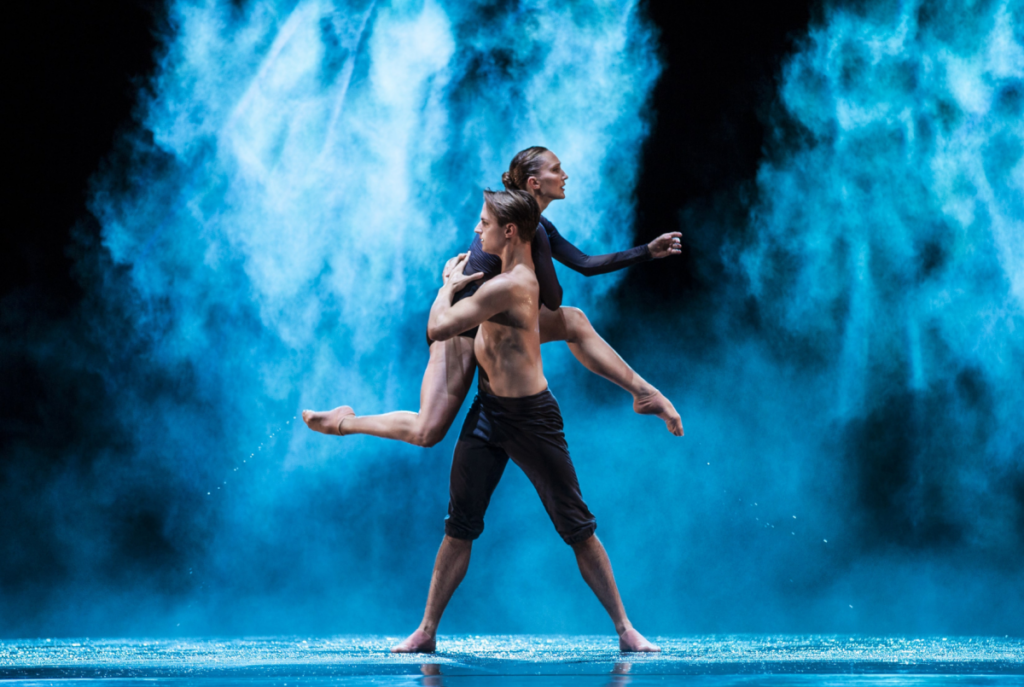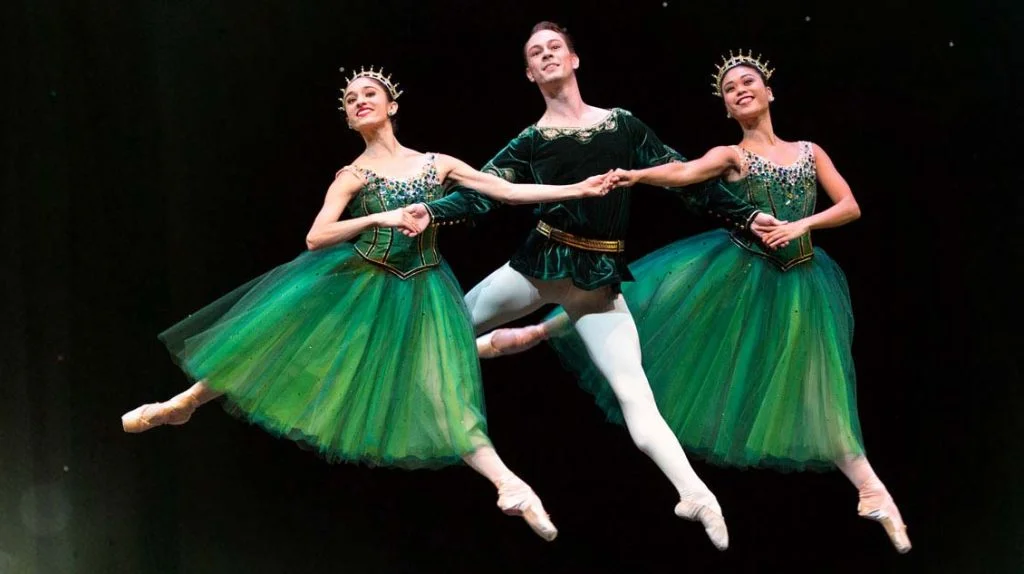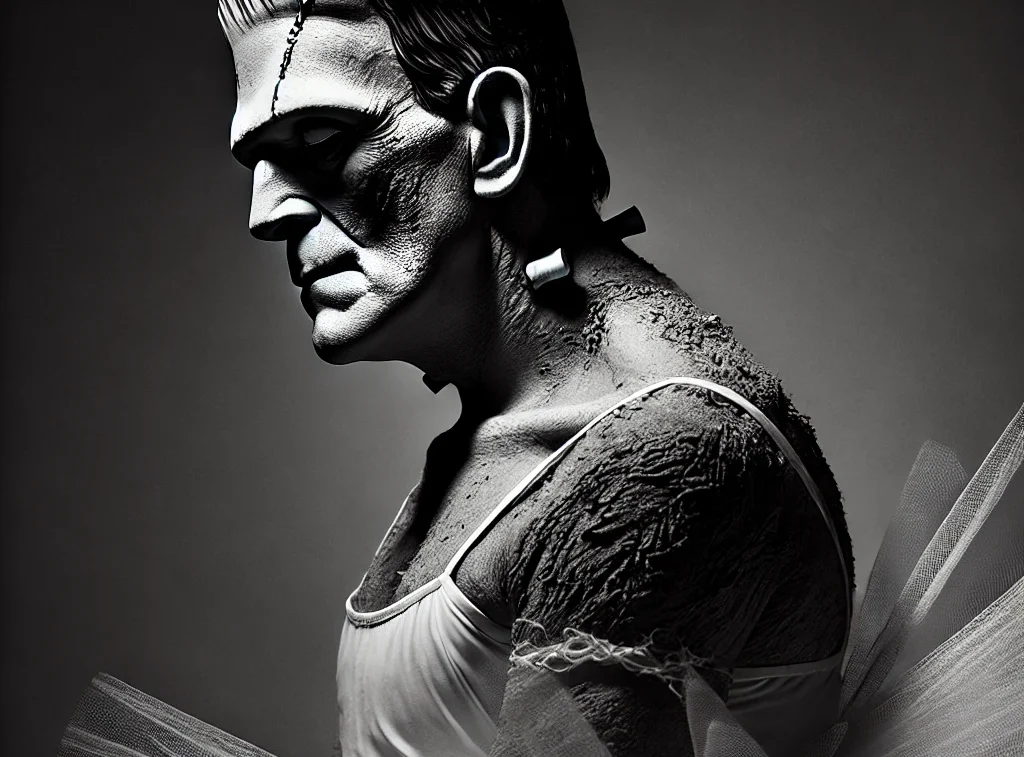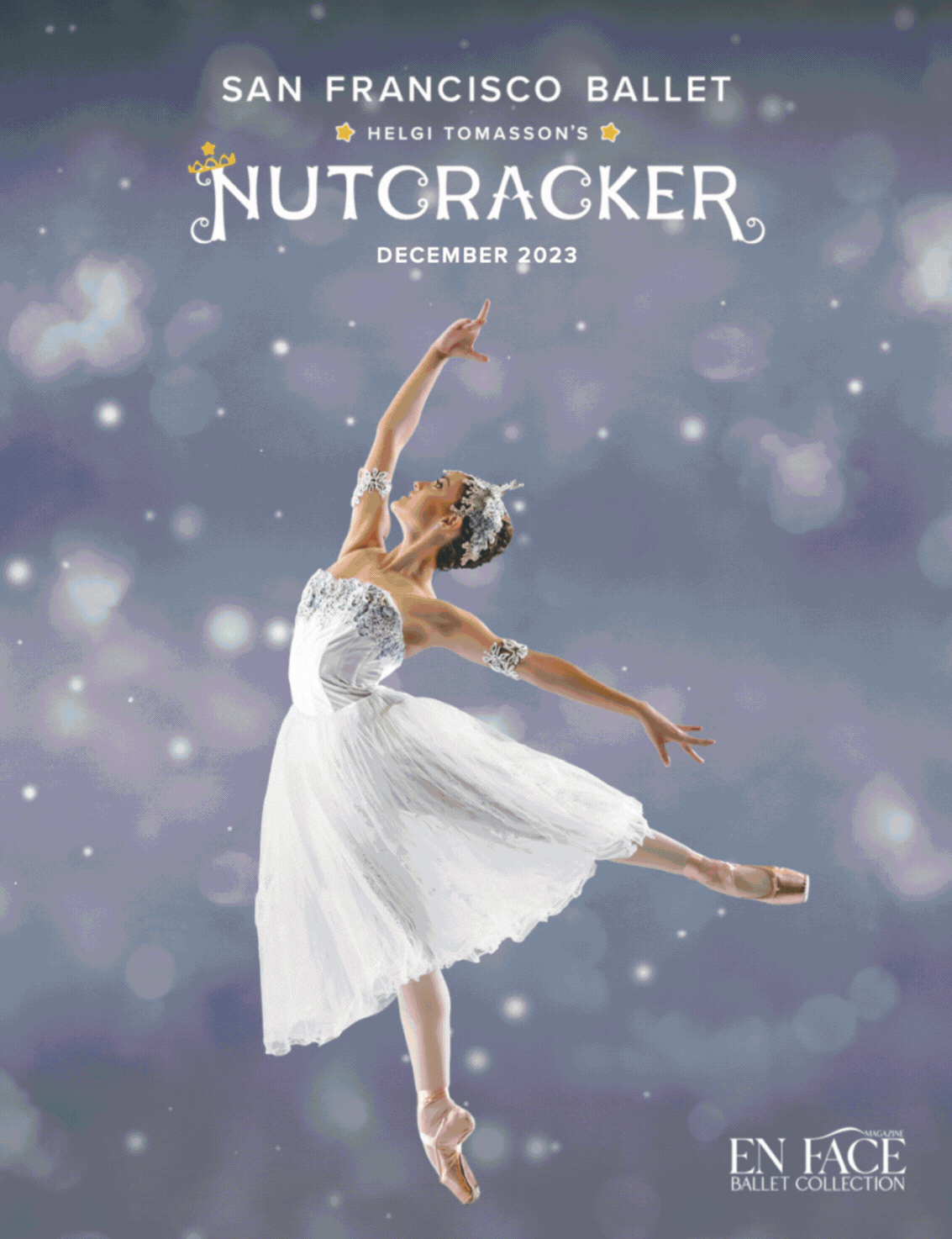PNB: What does a Music Librarian do?
Mona Butler: [PNB] has two parts of our music library. One side is all the piano scores for rehearsal pianists. We are also lucky enough to have our own orchestra, and a lot of relationships with publishers. Some of the music we produce for ourselves, some of the music we have to rent from the big publishing houses, and I develop relationships with them in the process.
PNB: How do you get permissions for the PNB Orchestra to use copyrighted music works?
MB: Anything written after 1923 is copyright protected. I find out who holds the intellectual property rights to the music, contact them, and negotiate with them to get permission to use it. It always involves a lot of research and collaboration with other publishers.
PNB: PNB was the first company to play the music of One Thousand Pieces with a live orchestra.
What was the process of acquiring the music for the PNB Orchestra like?
MB: [Alejandro Cerrudo] puts his music together by listening to recordings, which are often separated into little segments called tracks. There are 15 different tracks for One Thousand Pieces from about eight different works.
A couple of the tracks were film scores, which are a different animal. With films, if an orchestra has been involved, the scores and parts for the players might be stored after the recording session, or they may just shred them.
There was one track from a two-and-a-half-hour movie [The Illusionist]. I had to go through the whole recording and score to find and identify the parts that Alejandro wanted to use. And that was just one of the 15 tracks for this 70-minute piece.
PNB: How long did the entire process take?
MB: I started around December 2018 [for the original March 2020 premiere date]. It took a little bit of detective work and a lot of talking to people.
There are a lot of people that collaborate on music works: recording engineers, musicians, composers, editors, and more. It’s important to contact all these creators and ensure you’re doing everything you can to obtain their permission to use it, because it’s respectful to acknowledge people’s talent and efforts.

